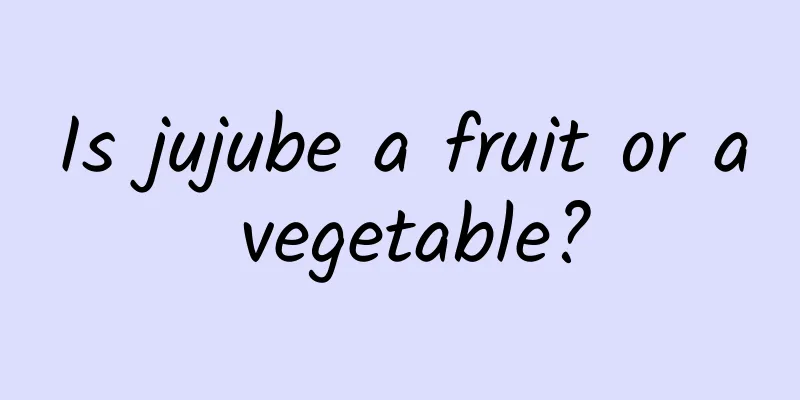Symptoms and causes of citrus deficiency

|
Nutrient deficiency in citrus is a common phenomenon, which is very harmful to the production of citrus. In severe cases, it can cause flowers and fruits to fall, seriously affecting the yield. Let’s take a look at the symptoms and causes of citrus nutrient deficiency. Symptoms of Citrus Deficiency 1. Iron deficiency: The leaves will turn white, the edges will become burnt, and the network of leaf veins will become obvious. If the iron deficiency is severe, the leaves will fall off. 2. Calcium deficiency: The roots are poorly developed and new stems rarely grow. The leaves will turn yellow from one end first and then slowly turn all yellow. The leaves will fall from the crown first, and the fruits will taste sour. 3. Nitrogen deficiency: The new leaves that grow are small and thin, light yellow in color, the entire branches will become smaller, as if they are stunted, and the fruit set rate is low. 4. Potassium deficiency: Growth becomes slow, some leaves have uneven color, some leaves are bronze, and when potassium deficiency is severe, the leaves will curl. 5. Manganese deficiency: New leaves show green network veins on a light green background. On mature leaves, the main veins and lateral veins and their surrounding areas are dark green, with light green to yellow spots in the middle. 6. Zinc deficiency: The growing point and terminal bud are damaged, the branches and leaves shrink or stop growing, the leaflets and internodes are shortened and grow in clusters. The main veins and side veins are green, and the rest of the tissue is light green to yellow-white. In severe cases, only the main veins are green. 7. Phosphorus deficiency: The branches and leaves become sparse, which has a great impact on the fruit, resulting in low yield, many deformed fruits, many fruits falling before harvest, rough skin and less moisture. 8. Magnesium deficiency: Yellow spots are prone to appear on old leaves, which are more obvious on leaves close to the fruits. As the yellow spots expand, the leaves will take on an inverted V shape. 9. Boron deficiency: yellowing leaves, cracking of leaf surface, fewer flowers and poor quality. The skin of ripe fruit becomes thicker and harder, the flesh is hard and contains less water. Causes of citrus deficiency 1. Citrus is a perennial plant that grows in one place for a long time. The nutrients that the soil can supply are consumed year by year, and the accumulation amount decreases. However, in production, more attention is paid to the application of nitrogen, phosphorus and potassium fertilizers, and no attention has been paid to the supplementation of other elements. 2. The soil pH is not suitable. Some nutrients are easily fixed in acidic or alkaline soil, reducing their effectiveness. 3. The soil in most citrus orchards is poor, with low organic matter content and little application of organic fertilizer . The physical and chemical properties of the soil are poor, and the soil structure, air permeability and permeability cannot be improved. In addition, some trace elements such as boron and molybdenum cannot be supplemented from soil organic matter. That’s it |
<<: One solution to the problem of pigs not eating
>>: How to grow night succulents
Recommend
Can I grow camellia at home?
Can I grow camellia at home? You can plant camell...
Where do the seeds of the longleaf pine come from?
Where do the seeds of the longleaf pine come from...
The efficacy and function of sand pear
Medicinal value The reason why I put it first is ...
Causes and treatments for yellow leaves of purple-calyx spurred flower
1. Soil Problem Reason: It is very afraid of wate...
Can succulents be grown with wood ash?
Can wood ash be used to grow succulents? Wood ash...
She picked up the flowers you threw away and brought them home, and they bloomed in a few months.
Saving Cyclamen It is true that cyclamen likes wa...
Water and fertilizer management tips for taking root
Watering tips for rooting The principle of wateri...
How to grow chrysanthemums in winter
1. South Because the temperature in the south is ...
How to cultivate blue skirt
1. Soil: Blue Skirt has strong adaptability and i...
How many days does it take for the germination of the auricularia auricula? Seed germination temperature and germination method
How long does it take for wood ear vegetable to g...
What is hair vegetable?
What is hair vegetable? Hair moss is actually hai...
What fertilizer is best for water lily topdressing?
Time for topdressing water lilies Water lilies ca...
How to prune potted blueberries
When to prune potted blueberries Generally, blueb...
Methods and precautions for propagation of money tree by cuttings
Time for cutting of fortune tree The money tree i...
Is Kalanchoe a perennial plant? Why does white frost grow on the leaves and then dry up?
1. Is it a perennial plant? Kalanchoe is a perenn...









